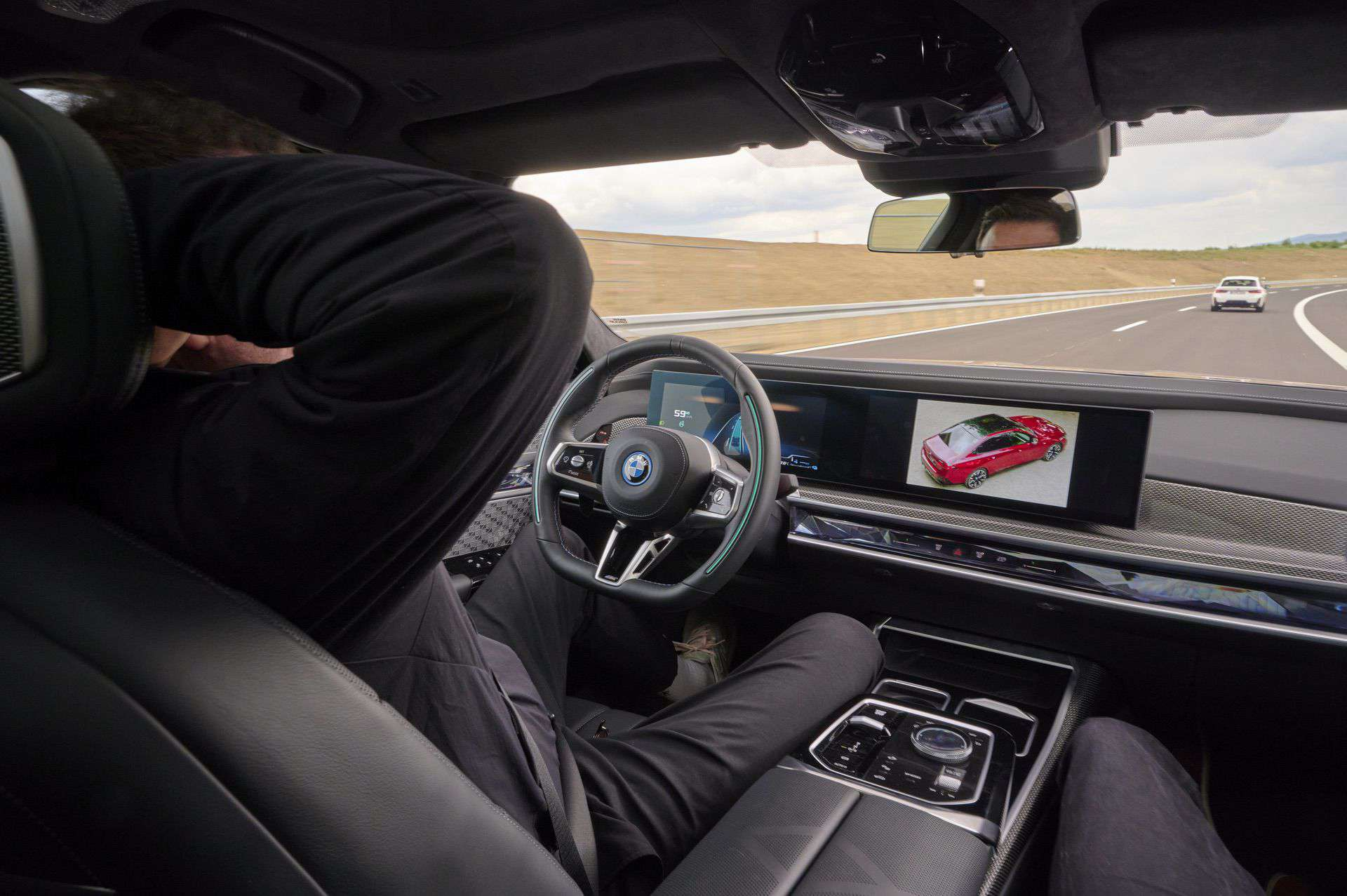
No green light for self-driving car in Belgium

Belgian Mobility Minister Georges Gilkinet is for now still on the brakes for the introduction of self-driving cars on Belgian roads /BMW
Cars that are highly 'self-driving' will not be allowed to drive on Belgian roads for now. Mobility Minister Georges Gilkinet (Ecolo) remain


Comments
Ready to join the conversation?
You must be an active subscriber to leave a comment.
Subscribe Today